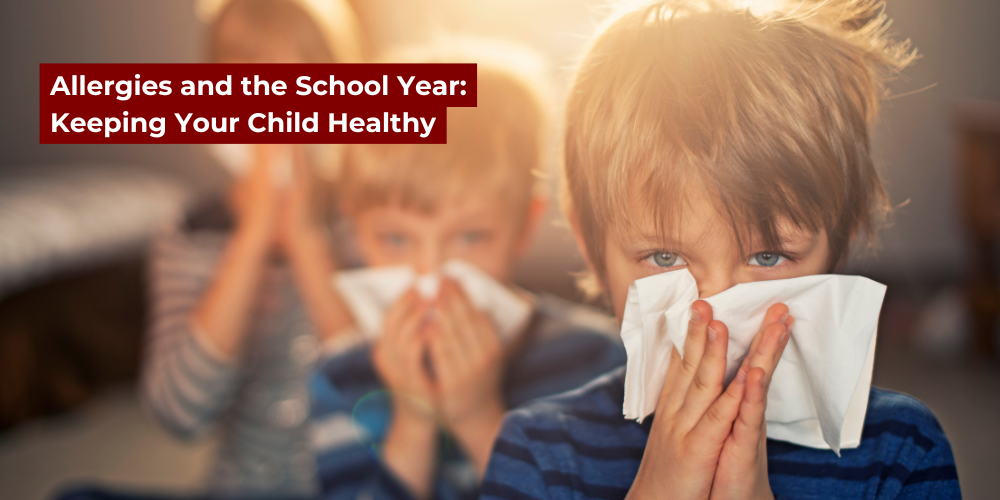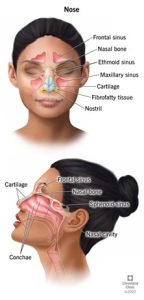
As the fall season begins, so does the observance of World Sinus Health Awareness Month. September is dedicated to raising awareness about sinus health, a vital aspect of overall well-being that often goes unnoticed until problems arise. Sinus issues can significantly impact daily life, leading to discomfort, reduced productivity, and decreased quality of life. By understanding the importance of sinus health, recognizing symptoms of common sinus conditions, and knowing how to prevent and treat these issues, individuals can take proactive steps to maintain a healthy and comfortable life.
Understanding Sinus Health
The sinuses are air-filled spaces in the forehead, cheeks, and behind the nose. They play a crucial role in our respiratory system, helping to humidify and filter the air we breathe. Healthy sinuses produce mucus that traps dust, bacteria, and other particles, preventing them from entering the lungs. When the sinuses become inflamed or blocked, it can lead to a range of uncomfortable symptoms.
Common Sinus Issues
Several conditions can affect sinus health, with sinusitis being one of the most common. Sinusitis, or inflammation of the sinuses, can be caused by infections, allergies, or structural issues. According to the American Academy of Otolaryngology–Head and Neck Surgery (AAO-HNS), symptoms of sinusitis include:
- Nasal congestion
- Facial pain or pressure
- Reduced sense of smell
- Thick nasal discharge
- Headache
- Cough
These symptoms can vary in severity and duration, with acute sinusitis lasting up to four weeks and chronic sinusitis persisting for more than 12 weeks.
Preventing and Managing Sinus Issues
Maintaining good sinus health involves a combination of preventive measures and timely treatment. Here are some strategies to keep your sinuses healthy:
- Practice Good Hygiene: Wash your hands regularly to prevent the spread of infections. Avoid touching your face, especially your nose and mouth, to reduce the risk of introducing bacteria and viruses into your sinuses.
- Stay Hydrated: Drinking plenty of water helps keep mucus thin and flowing, preventing blockages. Consider using a humidifier in dry environments to maintain moisture in the air.
- Manage Allergies: Allergies can contribute to sinus inflammation. Identify and avoid allergens that trigger your symptoms. Over-the-counter or prescription medications, such as antihistamines and nasal sprays, can help manage allergy symptoms.
- Avoid Irritants: Smoke, strong odors, and pollutants can irritate the sinuses. Minimize exposure to these irritants, and consider using an air purifier to improve indoor air quality.
- Seek Professional Care: If you experience persistent or severe sinus symptoms, consult a healthcare professional. They can diagnose the underlying cause of your symptoms and recommend appropriate treatment, which may include medications, nasal irrigation, or, in some cases, surgery.
Raising Awareness and Seeking Help
World Sinus Health Awareness Month is an opportunity to educate yourself and others about the importance of sinus health. Many people live with chronic sinus issues without realizing the impact they have on their overall well-being. By raising awareness, we can encourage more individuals to seek timely medical care and improve their quality of life.
At Texas ENT & Allergy, our team is dedicated to providing comprehensive care for all your sinus and allergy needs. Whether you’re dealing with recurrent sinus infections, allergies, or other ENT concerns, we’re here to help. Contact us at (979) 693-6000 or visit one of our convenient office locations to schedule an appointment.




